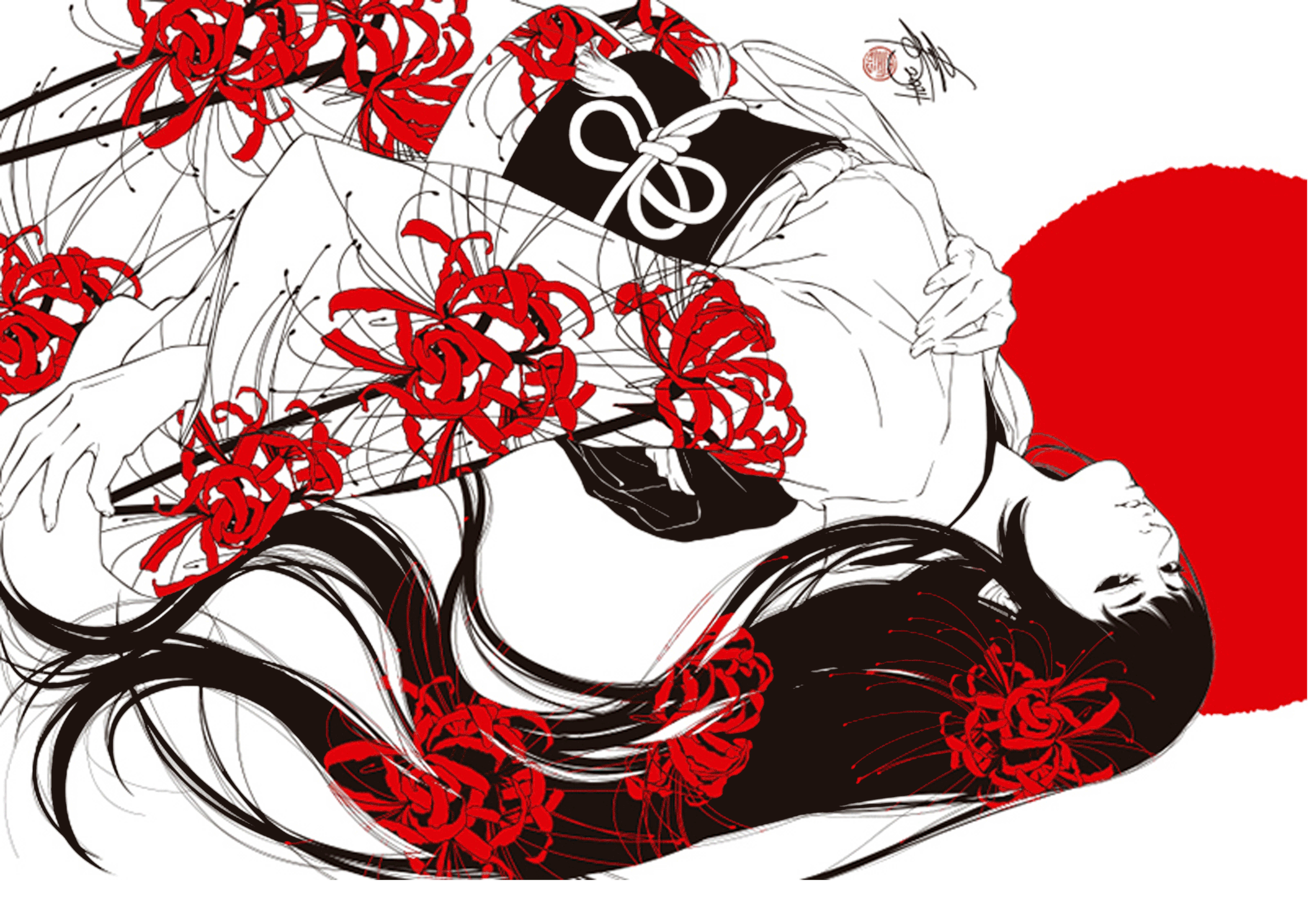As the summer of 2000 was coming to an end and Haruka’s return was approaching, how were you feeling?
Naturally, I had mixed feelings about it. On the one hand, I didn’t want the summer to end—Kei and I were having a wonderful time—on the other hand, I knew our affair couldn’t realistically go on forever. Kei, for one, showed no interest in leaving her husband, and, the truth be told, I wasn’t all that eager for her to get divorced.
Why not?
I guess it goes back to the notion of stability being the death of passion. And then there was the fact that throughout the summer Kei was still seeing the doctor. I don’t know if they were having sex or not, but they were still meeting every now and again.
She told you?
I could sense it. As much as I liked, even loved Kei, I did not trust her completely.
Is that why you started seeing a doctor of your own?
That was purely coincidental.
Some people say that there are no coincidences.
And I will counter that Satomi wasa coincidence. The reason I started dating Satomi, if you could call what we did dating, was not because she was a doctor, but rather because she was an intelligent woman who happened to also be drop-dead beautiful. I would elaborate but it’s a tangent that would just go on and on and on.
Fair enough. So, the night before Haruka returned . . .
Kei asked me to meet her at a yatainear her workplace at two.
In the afternoon?
Sorry, two at night. Kei was working the evening shift the hospital and got off around one or so. Like I said before, it wasn’t unusual for us to meet at such odd hours. Looking back on it now, I don’t know how I was able to work on so little sleep.
Hormones.
And copious amounts of caffeinated energy drinks.
So?
Kei and I met as promised at “Number One”, our second favorite yatai. We ordered beers, yakitori, bowls of ramen . . . And just as we were about to dig in, the sky was lit up with lightning, followed a half-second later by a deafening thunderclap. The winds kicked up and, in an instant, the heavens opened up and rain poured down. Summer storms can get pretty exciting, but there’s nothing like getting caught in one while you’re sitting in a jerrybuilt yatai. Water dripped down from all the joints in the roof. The tarp that had been rigged to the whole thing was flapping violently. Raindrops ricocheted off of the asphalt like bullets. It should have made our date a disaster, but Kei and I just laughed and laughed through it all. And when it ended—as abruptly and it had begun—Kei whispered into my ear that she wanted to spend the night with me.
What about her husband?
That was my question, too. The man was away on a business trip, Kei explained. She had been keeping it a secret so that she could surprise me.
Nice surprise.
You’re telling me. So, after settling the bill, we walked a few blocks towards the wharf where a massive love hotel with a tropical theme called Chapel Coconuts was located, checked in, and went to our room. We made love until dawn and, when we parted later the next day, there were tears in both of our eyes.
The first installment/chapter of A Woman's Hand can be found here.
A Woman's Hand and other works are available in e-book form and paperback at Amazon.

